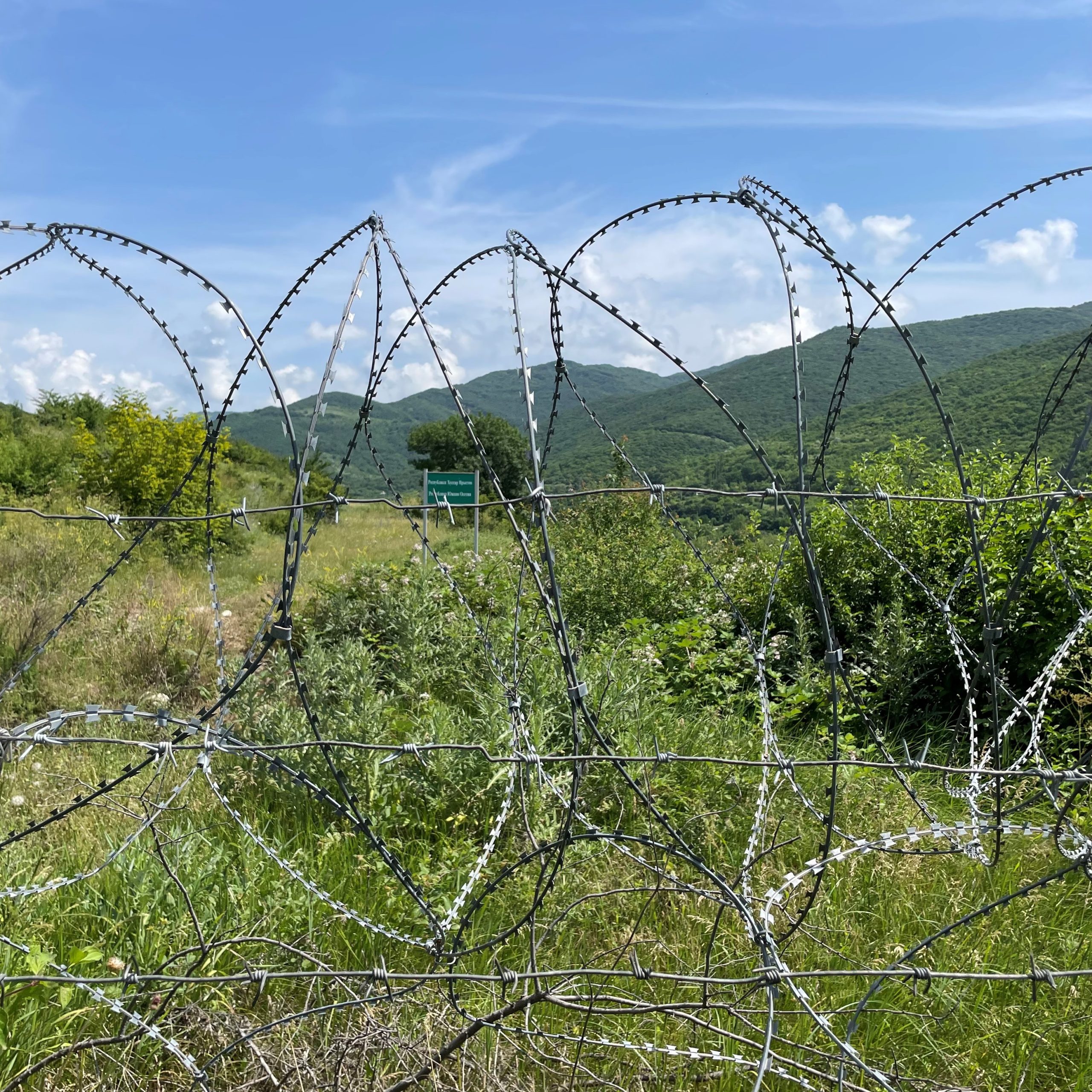16 years have passed since Russian forces invaded Georgia and occupied 20 per cent of its territory. The full-scale war broke out around the breakaway region of South Ossetia after a series of provocations and tensions backed by Russian and Georgian military countermeasures. Russia launched air strikes, also attacking civilian areas, and threatened to attack the capital, Tbilisi. On August 12th, a ceasefire agreement entered into force, negotiated by the EU and French President Nicolas Sarkozy. Russia has largely breached the agreement.
The consequences of the war have affected the population, with large-scale ethnic cleansing, which took place in areas under Russian control. Several thousand ethnic Georgians were displaced and are still unable to return to their homes. Violations against the population involved crimes such as extrajudicial killings, torture, rape, deprivation of liberty, destruction of property, and robbery. Hotels in Tbilisi were filled with people who had to flee from South Ossetia and Abkhazia.
During the autumn of 2008, the NHC led a documentation project. We made several fact-finding trips to the areas affected by the war with Georgian, Austrian, and Russian colleagues. We interviewed witnesses and victims of abuse. Our material showed that there were systematic attacks on the civilian population, presumably aimed at changing the ethnic composition of South Ossetia. In the years following the war, we have assisted and pushed for an investigation of war crimes and international justice, with varying degrees of support from Georgian governments and strong opposition from Russia. At the same time, there has been little Western focus on what has been happening in Georgia. In 2014, Russian forces entered Crimea and eastern parts of Ukraine. The eyes of the world turned to Ukraine.
While the full-scale war in Georgia lasted for only five days, serious human rights violations have never halted. Russia has since effectively maintained control over Georgia’s Abkhazia and South Ossetia regions and has recognised both as independent countries. During the illegal so-called “borderisation” process, Georgian citizens have been abducted, tortured, and killed along the barbed-wire fence built by the Russian forces. There is a high risk of being shot if you move too close. Not long ago, a man from a small village was shot by border guards. However, local Georgians report that the number of soldiers on the border has been dramatically reduced following the full-scale invasion of Ukraine in 2022. The soldiers are probably needed elsewhere. Nevertheless, the Russian occupation of Georgia continues.
The current Georgian government wants to maintain a good relationship with Russia. It has adopted Russian-inspired laws, including a foreign agent law that will affect all organisations and media that receive more than 20% support from abroad. The government does not seem to have plans to challenge Russia to regain the occupied territories. We are also concerned about a recently adopted law on LGBTIQ+ propaganda that has similarities to a law in Russia. Civil society in Georgia is under severe pressure.
Georgia’s next elections are in October. Civil society in the country describes the elections as a crossroad for the country. It will have a decisive impact on Georgia’s direction and relationship with Russia and the EU.
